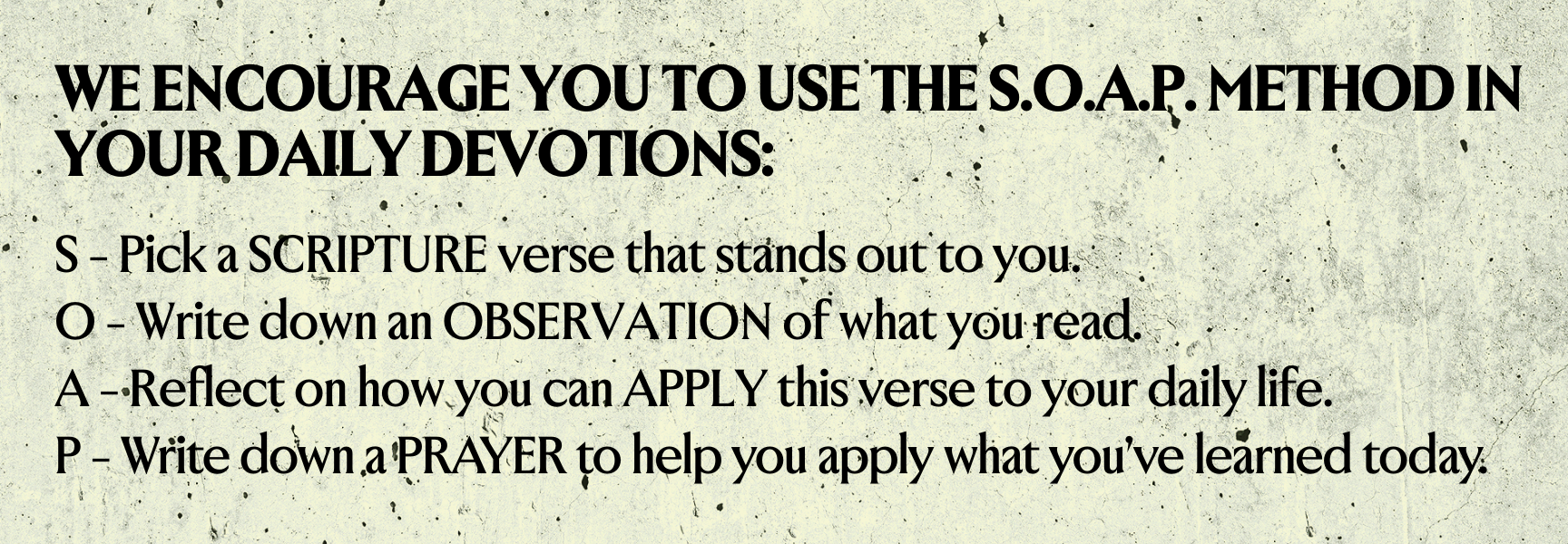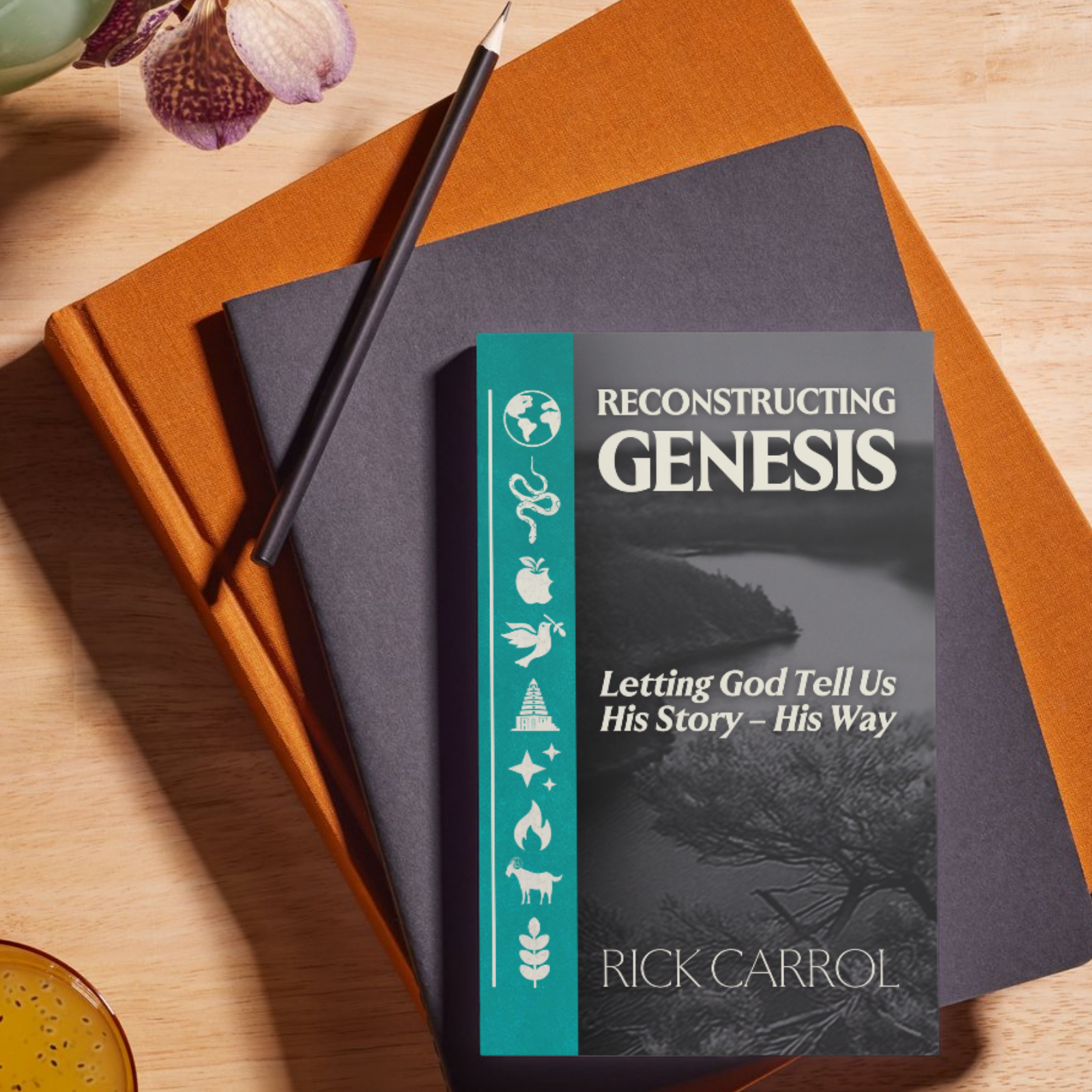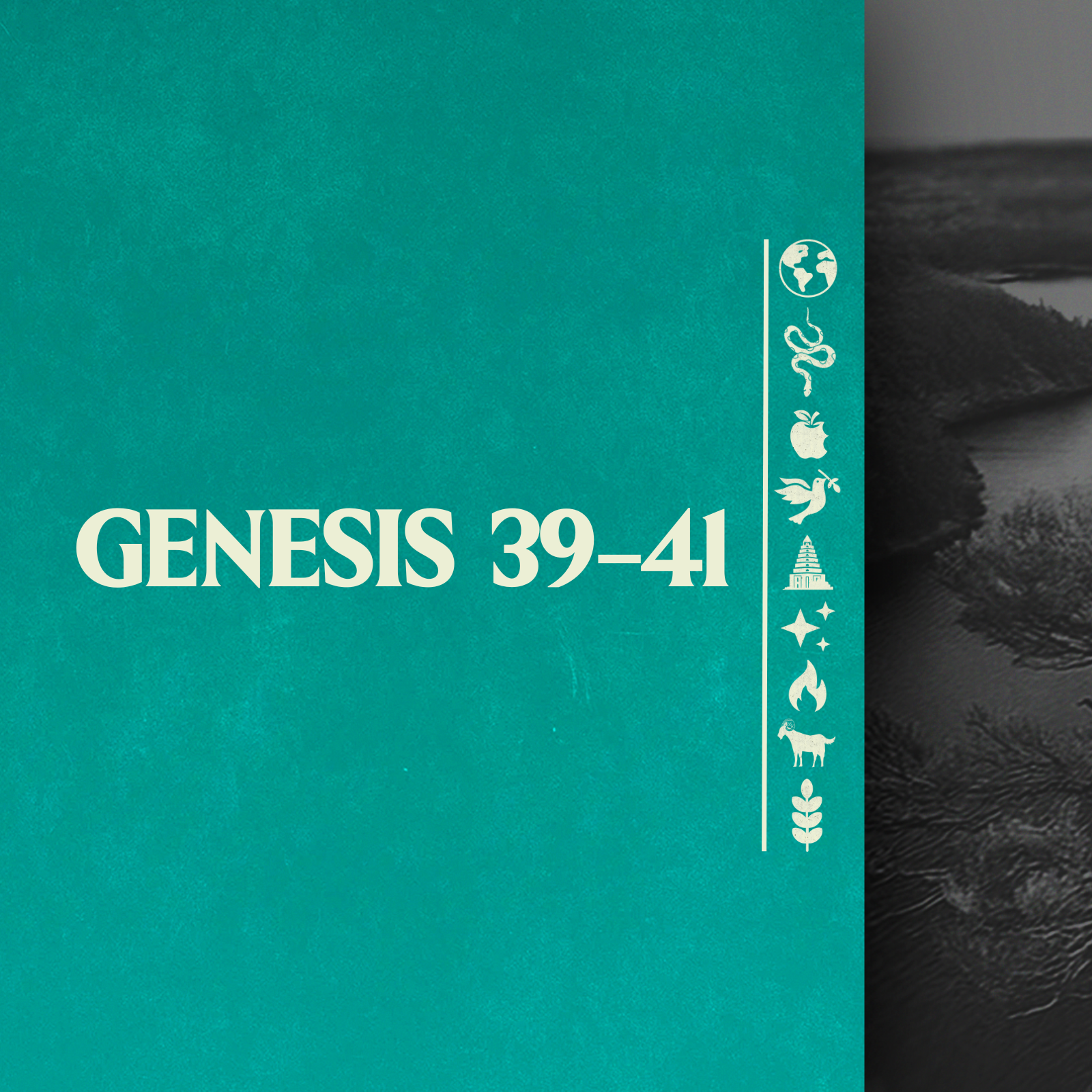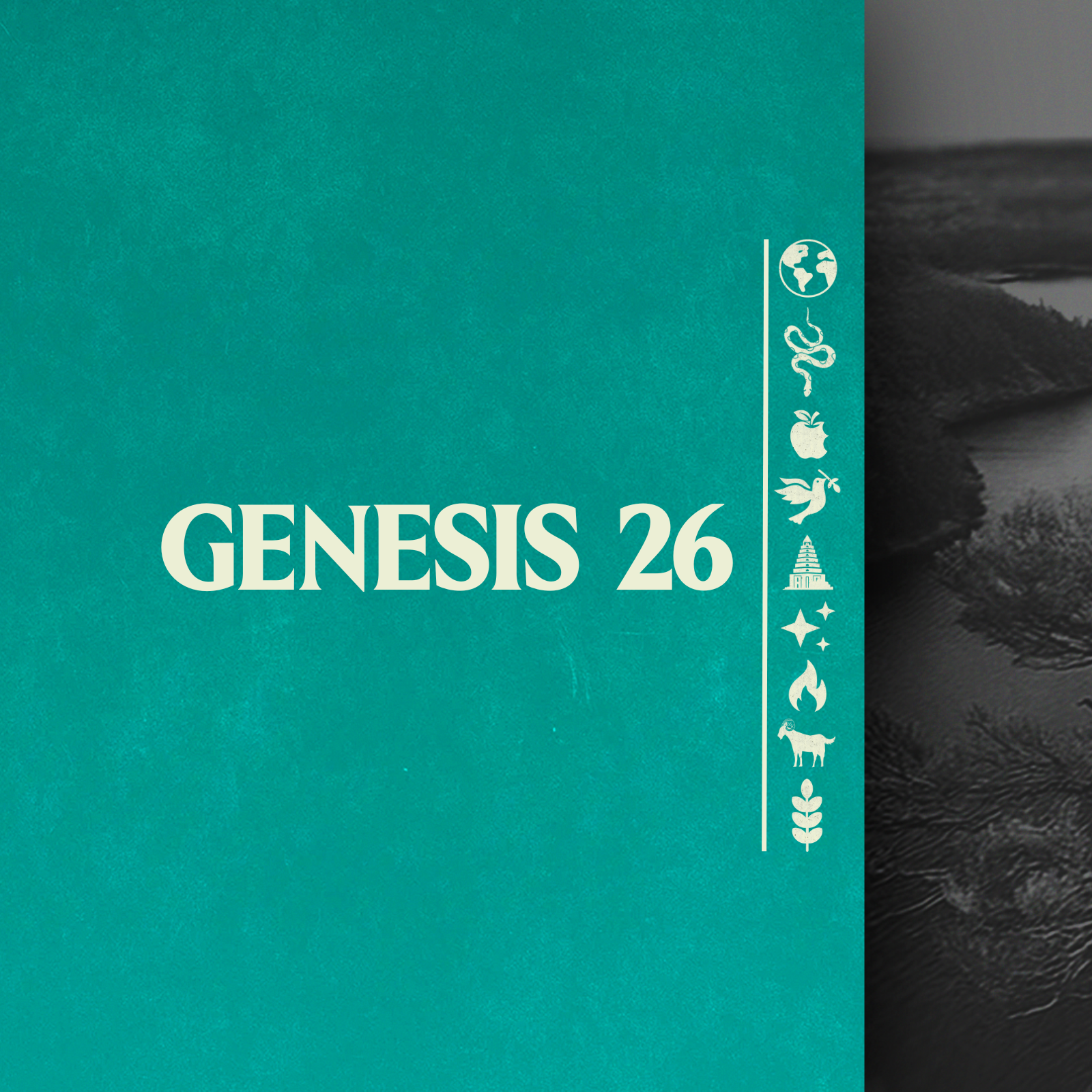




GUIDED JOURNAL
Follow along with the Guided Journal
Now available in paperback and Kindle on Amazon.ca
NARRATIVE
Learn more about the first eleven chapters of the book of Genesis
Now available in paperback and Kindle on Amazon.ca

In Genesis 49-50, Jacob blesses his sons with prophetic words, then dies. Joseph forgives his brothers again, reminding them that what they meant for evil, God meant for good. Genesis ends with Joseph’s death, but his request to have his bones taken back to the Promised Land points forward to God’s promise.
In Genesis 46-48, Jacob and his family move to Egypt, reuniting with Joseph. God reassures Jacob not to fear this move. Before dying, Jacob blesses Joseph’s sons, Ephraim and Manasseh, continuing the covenant through them.
In Genesis 42-45, Joseph’s brothers come to Egypt for food but don’t recognize him. Through tests, Joseph sees their change of heart. Overcome with emotion, he reveals his identity, forgives them, and explains that God used their betrayal to save many lives.
In Genesis 39-41, Joseph, now a slave, serves faithfully in Potiphar’s house but is falsely accused and imprisoned. Even in prison, God is with him. Joseph interprets Pharaoh’s dreams and, by God’s wisdom, rises to become second in command, saving Egypt from famine.
In Genesis 37-38, Joseph, favoured by his father Jacob, has dreams showing his family bowing to him. His brothers grow jealous and sell him into slavery in Egypt, telling Jacob he’s dead. Meanwhile, Genesis 38 pauses to tell the messy story of Judah and Tamar—reminding us God works through flawed people.
In Genesis 37-50, we read the story of Joseph, his betrayal by his brothers, rise to power in Egypt, reconciliation with his family, and the eventual settlement of the Israelites in Egypt, setting the stage for the Exodus.
In Genesis 35-36, God tells Jacob to return to Bethel, where He reaffirms His covenant. Rachel dies giving birth to Benjamin; Isaac also dies. Genesis 36 lists Esau’s descendants, showing God’s blessing extends to many families, even those outside the chosen line.
In Genesis 34, tragedy strikes when Dinah, Jacob’s daughter, is violated. Her brothers, Simeon and Levi, deceive and kill the men of Shechem in revenge, bringing shame and danger to Jacob’s family.
In Genesis 33, Jacob meets Esau, who surprisingly welcomes him with tears instead of anger. Jacob humbles himself before Esau, and peace is restored between the brothers, despite years of fear.
In Genesis 32, Jacob prepares to meet Esau, afraid of his brother’s anger. At night, he wrestles with a mysterious man (God or an angel). Jacob won’t let go until he’s blessed; he receives a new name, Israel, meaning “he struggles with God.”
In Genesis 31, we read how, after years of serving Laban, Jacob senses God’s call to return home. Laban’s attitude changes, and Jacob secretly departs with his family and possessions. Laban pursues them, but God warns him in a dream not to harm Jacob. They reconcile and make a covenant of peace.
In Genesis 31-36, Jacob escapes from Laban, his reconciliation with Esau, the birth of his children, the renaming of Jacob to Israel, and the genealogies and events surrounding the descendants of Esau.
In Genesis 30, Rachel and Leah’s rivalry intensifies, leading to more children through their servants. God listens to Rachel, and she finally bears Joseph. Jacob also gains wealth, despite Laban’s schemes to cheat him.
In Genesis 29, Jacob arrives at Laban’s household and falls in love with Rachel. After working seven years, Laban deceives him into marrying Leah first, then Rachel after another seven years of work. Leah feels unloved, but God sees her pain and blesses her with sons.
In Genesis 28, Jacob dreams of a stairway to heaven with angels ascending and descending. God speaks to him, reaffirming the covenant promise made to Abraham and Isaac. Jacob wakes in awe and worships, naming the place Bethel (“house of God”).
In Genesis 27, Rebekah and Jacob deceive Isaac to get Esau’s blessing, which leads to family division and anger. Esau vows to kill Jacob, and Jacob must flee to his uncle Laban.
In Genesis 26, God reaffirms His covenant with Isaac during a famine, telling him to stay in Gerar. Isaac repeats Abraham’s mistake by lying about Rebekah being his sister. Yet God blesses Isaac greatly, and even his rivals recognize God’s favor on him.
In Genesis 26-30, The story of the lives of Isaac, Jacob, and Esau, including Isaac's encounters in Gerar, Jacob's deception to receive Esau's blessing, his marriages to Leah and Rachel, and the birth of his twelve sons, who become the tribes of Israel.
In Genesis 25, Abraham remarries and has more children, but Isaac remains the child of promise. Abraham dies, and Isaac’s sons, Esau and Jacob, are born. Esau sells his birthright to Jacob for a bowl of stew, showing disregard for God’s promise.
In Genesis 24, Abraham sends his servant to find a wife for Isaac from his own relatives. Through prayer and God’s guidance, the servant meets Rebekah, who willingly comes back to marry Isaac. Isaac is comforted after his mother’s death.
In Genesis 23, Sarah dies at 127 years old. Abraham mourns her deeply and negotiates to buy a field and cave in Hebron to bury her—his first permanent piece of the promised land.
In Genesis 22, God tests Abraham by asking him to sacrifice Isaac, the promised son. Abraham obeys, but God stops him at the last moment and provides a ram instead. God reaffirms His covenant, praising Abraham’s faith.
In Genesis 21, God keeps His promise: Sarah gives birth to Isaac, bringing joy and laughter. But tension arises between Sarah and Hagar, leading to Hagar and Ishmael being sent away. Even so, God cares for them and promises to make Ishmael a nation. Abraham also makes a peace treaty with Abimelech.
In Genesis 21-25, Isaac is born to Abraham and Sarah, Ishmael is sent away, God tests Abraham's faith by asking him to sacrifice Isaac, and after Abraham's death, Isaac marries Rebekah, and their sons, Esau and Jacob, are born, setting the stage for future tensions and blessings.
In Genesis 20, Abraham, out of fear, again tells a foreign king (Abimelech) that Sarah is his sister. God intervenes to protect Sarah, and Abimelech confronts Abraham. Even when Abraham’s faith falters, God keeps His promise.












































Take a moment to reflect on the weekly readings.